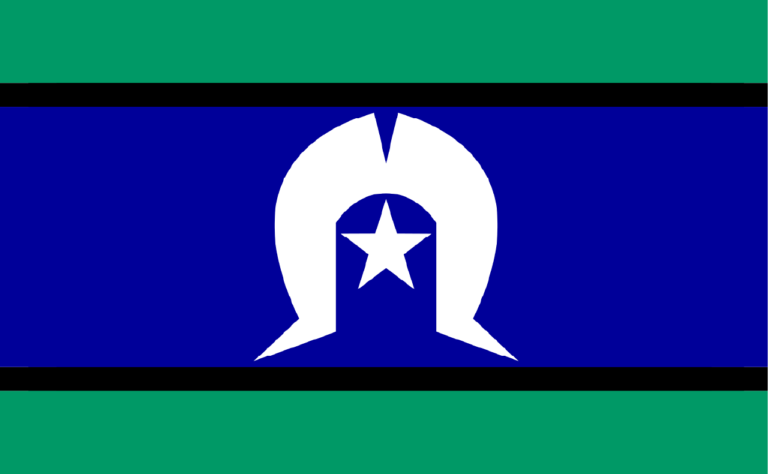A distinction must be made between an infringement notice and a fine.
An infringement notice is issued by the police, local government authorities and various other prosecuting agencies. A person can get an infringement notice for things like speeding, illegal parking, littering or train fare evasion. The infringement notice must be paid within the time specified in the notice, this is generally 28 days from the date of issue.
In contrast, a court ordered fine is an amount of money that a court may order as a penalty for committing an offence. A court ordered fine must be paid within 28 days from the date of issue.
MAKING PAYMENT WITHIN 28 DAYS
Once the fine or infringement is imposed a client has 28 days to pay it. A client can either:
- Pay the full amount;
- Apply for a Time to Pay Order; or
- Apply for a Work Development Order/Community Work.
Applying for a Time to Pay Plan can allow a client to pay the fine/infringement by instalments OR extend the time to pay beyond the 28 day period. This can be arranged to be deducted from Centrelink payments (as outlined under step 3).
IF PAYMENT IS NOT MADE WITHIN 28 DAYS
If payment is not made within 28 days the fine/infringement will be registered with the Fines Enforcement Registry (FER). As a result a fine and enforcement fee will be imposed and the client’s license will be suspended if there is no action taken in 28 days after the notice to enforce is issued (56 days total). To remove this suspension the client must complete a form to withdraw the suspension on the basis that a Time to Pay plan has been executed.
Outstanding fines/infringements owed to FER after a period of time will be referred to the private debt collection agency Baycorp.
Outstanding fines/infringements with FER and Baycorp must be dealt with separately. If an arrangement is entered into with Baycorp then it is possible to negotiate with FER that any enforcement processes for the fines/infringements that remain with them are suspended. This needs to be negotiated on a case by case basis





